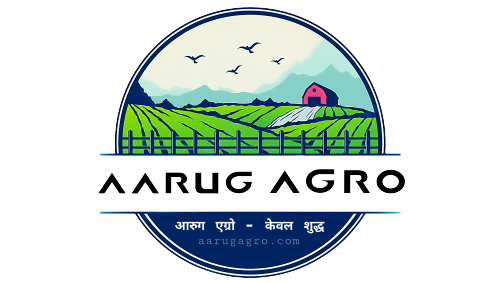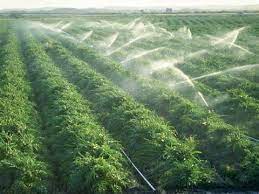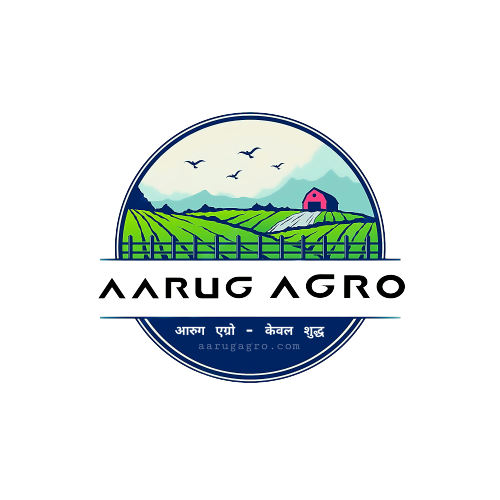Introduction: Subsistence farming plays a vital role in the Caribbean region, where small-scale farmers rely on their land to meet their basic food needs and support their communities. In this article, we will delve into the unique aspects of subsistence farming in the Caribbean, exploring its significance, challenges, and the potential for sustainable food systems that promote local resilience and self-sufficiency.
The Importance of Subsistence Farming in the Caribbean
Subsistence farming has been a traditional practice in the Caribbean for centuries, deeply rooted in cultural heritage and local knowledge. Small-scale farmers cultivate diverse crops, including staple foods like root vegetables, fruits, and legumes, ensuring a balanced diet and nutritional security for their families and communities. Additionally, subsistence farming fosters local resilience, reducing dependence on imported food and enhancing food sovereignty.
Traditional Farming Techniques
Caribbean subsistence farmers employ a range of traditional farming techniques passed down through generations. These include slash-and-burn agriculture, intercropping, and agroforestry. Slash-and-burn, also known as shifting cultivation, involves clearing small plots of land and burning vegetation to create fertile soils. Intercropping involves growing multiple crops in the same field, maximizing land use and diversifying yields. Agroforestry integrates trees with crops, providing shade, soil enrichment, and additional food sources.
Sustainable Soil Management
In subsistence farming, sustainable soil management practices are essential to ensure long-term agricultural productivity. Farmers employ techniques such as organic composting, crop rotation, and mulching to maintain soil fertility and prevent erosion. By nurturing healthy soils, subsistence farmers can sustain their agricultural practices and protect the fragile Caribbean ecosystems.
Climate Resilience
The Caribbean region is vulnerable to climate change, with increased occurrences of hurricanes, droughts, and rising sea levels. Subsistence farmers face the challenge of adapting to these changing climatic conditions. To enhance climate resilience, farmers are exploring innovative techniques, including rainwater harvesting, building terraces, and using resilient crop varieties. Embracing climate-smart agriculture practices strengthens the ability of subsistence farmers to withstand climate-related challenges.
Strengthening Local Markets and Food Systems
Supporting local markets and food systems is crucial for the sustainability of subsistence farming in the Caribbean. Governments and organizations are working towards creating enabling environments for small-scale farmers to access markets, establish cooperatives, and receive fair prices for their produce. Initiatives promoting farm-to-table connections, community-supported agriculture, and local food festivals empower subsistence farmers and foster vibrant local food systems.
Knowledge Sharing and Capacity Building
To ensure the long-term viability of subsistence farming, knowledge sharing and capacity building are vital. Farmer-to-farmer exchanges, agricultural extension services, and training programs help disseminate best practices, innovative techniques, and modern farming methods. Empowering subsistence farmers with the necessary skills and knowledge enhances their productivity, efficiency, and overall sustainability.
Conclusion
Subsistence farming in the Caribbean embodies the rich agricultural heritage of the region, providing sustenance, cultural identity, and local resilience. By embracing sustainable practices, preserving traditional farming techniques, and adapting to climate change, subsistence farmers in the Caribbean can build resilient food systems that prioritize local self-sufficiency and food security. Strengthening markets, promoting knowledge exchange, and supporting capacity building are crucial steps towards nurturing a sustainable future for subsistence farming in the Caribbean.


